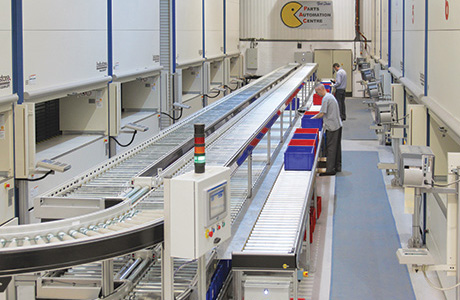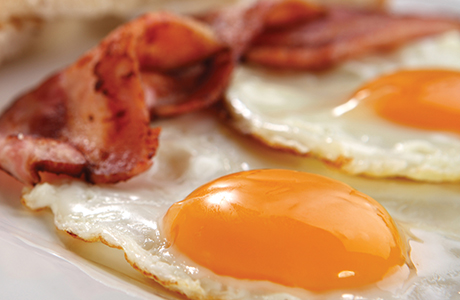Standard of cleanliness back-of-house can affect entire operation, chefs say

QUALITY ingredients, fantastic cooking and great staff can take a kitchen so far, but a disciplined cleaning regime is crucial to the success of any establishment.
That was the message from Scottish chefs contacted by SLTN, who stressed the importance of a regular and thorough kitchen cleaning regime.
Paul Wedgwood, co-owner and head chef of Wedgwood The Restaurant in Edinburgh, said kitchen cleanliness is of “paramount importance”.
“It should be viewed the same as choosing the best ingredients,” he said.
“If you start with a bad product it will end up as a bad product, so before you begin food service your kitchen should be spotlessly clean.”
Discipline is key to maintaining high standards in the kitchen, according to Wedgwood, who said special occasions and busy periods are no excuse for letting standards slip.
“Have a full, detailed and extensive cleaning regime and don’t deviate from it,” he said.
“If you maybe miss a couple of items on the list because it’s a staff party, leaving do or such like, it sets a precedent that this is OK and can be done when needed.
The disposal of food waste is extremely important as it can attract rodents.
“Do not allow this to happen. If you are planning a night out or suchlike where the team are wanting to get out earlier, put an extra team member on shift to help with the cleaning and get your team out on time.”
Across in Edinburgh’s new town, cleanliness is taken just as seriously at La P’tite Folie, explained head chef Grant Gordon.
“Cleaning is very important in every kitchen; it not only helps keep rodents away, a clean kitchen is a happy kitchen,” he said.
“If there is no cleaning done I am not a happy chef.”
Gordon also highlighted the hygiene risks of leaving food waste in the kitchen.
“The disposal of food waste is extremely important,” he said.
“If food waste is bagged and put outside too near the restaurant and not disposed of properly it can attract rodents, which could make their way into the restaurant, spreading disease with them.”
At The Wee Restaurant in North Queensferry, chef proprietor Craig Wood argued that poor hygiene in the kitchen isn’t just bad for the diners.
“Obviously, an unhygienic kitchen is a serious health risk to diners but also it sends a message to everyone working there that being messy, untidy and not cleaning as you go along is acceptable,” he said.
“I am a bit fanatical when it comes to cleaning, so whenever we are a bit quieter we always take the kitchen apart and carry out extra cleaning tasks. I believe it’s important to utilise your quiet periods.”
High standards of cleanliness reflect across the business, according to Wood, who said that quality food and cleanliness go hand in hand.
“If you ask chefs who have worked in the best restaurants they will tell you they are always immaculate,” he said.
“Strict regimes and discipline reflect on the standard of food as well as the standard of cleaning and hygiene.”
At The Caledonian hotel in Edinburgh, executive chef Craig Sandle said hygiene standards in Scottish kitchens have improved over the years, at least in part due to the negative attention an outfit can receive if poor hygiene standards are discovered.
“It’s hard to comment on the cleanliness of other kitchens but as a whole I believe cleanliness is more prevalent in a chef today,” said Sandle.
“And with media attention on properties failing to meet standards this has changed some people’s views.”
Sandle, who oversees operations at both The Pompadour by Galvin and Galvin Brasserie de Luxe at The Caledonian, also highlighted the effect poor hygiene can have on staff retention.
“Chefs don’t want to work in a dirty unhygienic environment,” he added.
Frank Rooney, director of 24/7 Elite Clean, whose firm provides extractor cleaning services as well as general ‘deep cleaning’, said there are legal and safety repercussions that make kitchen cleaning more than simply good business sense.
“Many organisations are unaware of what the requirements are along with legal compliance issues,” said Rooney.
“We find many kitchen extract systems have never been cleaned or not cleaned for many years thus creating a fire hazard to building occupants which would be kitchen staff and customers alike.
“Many building insurers demand that the systems be cleaned by a reputable company and a clean certificate issued as evidence along with photographic images of before and after the clean. Building insurance can be invalidated if lack of compliance is evident.”























